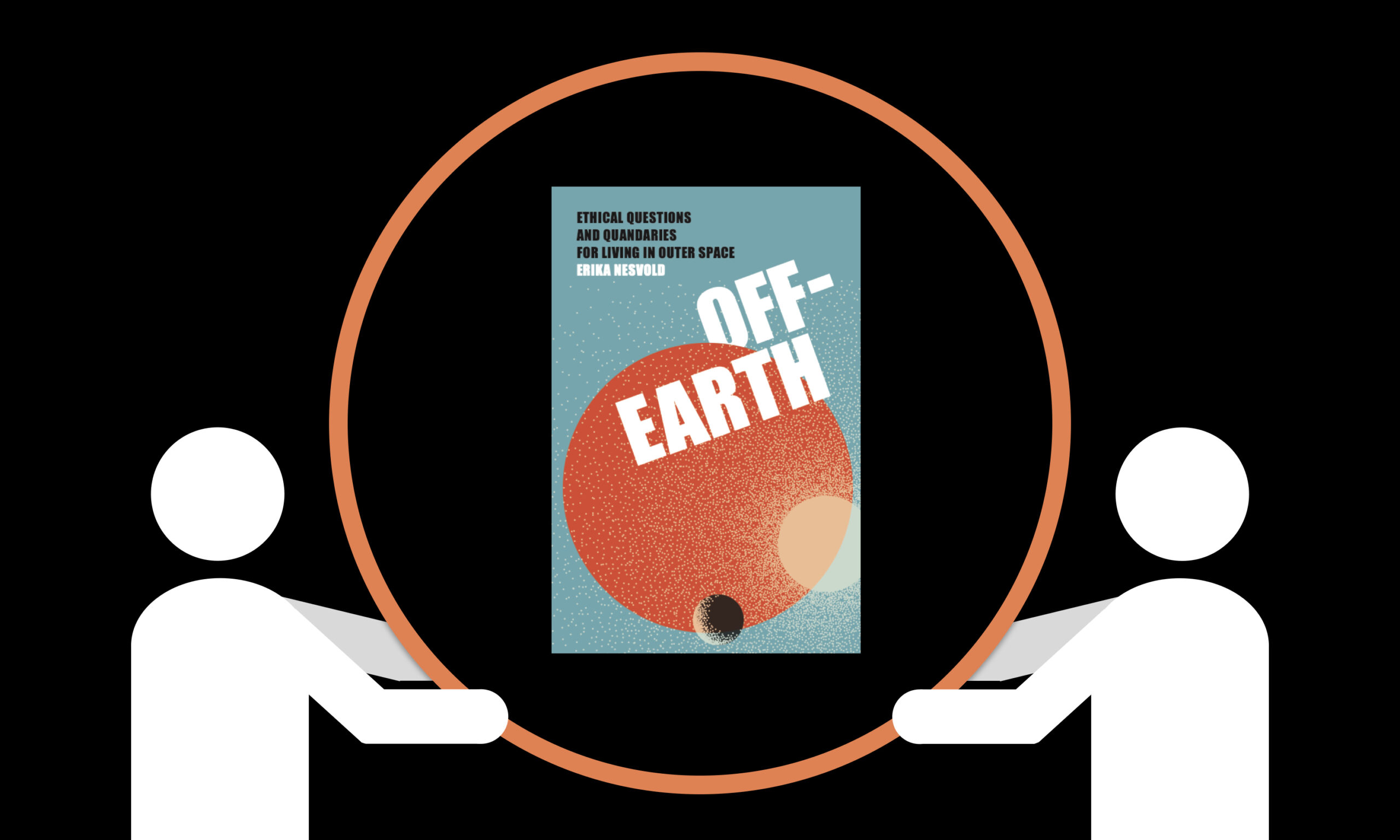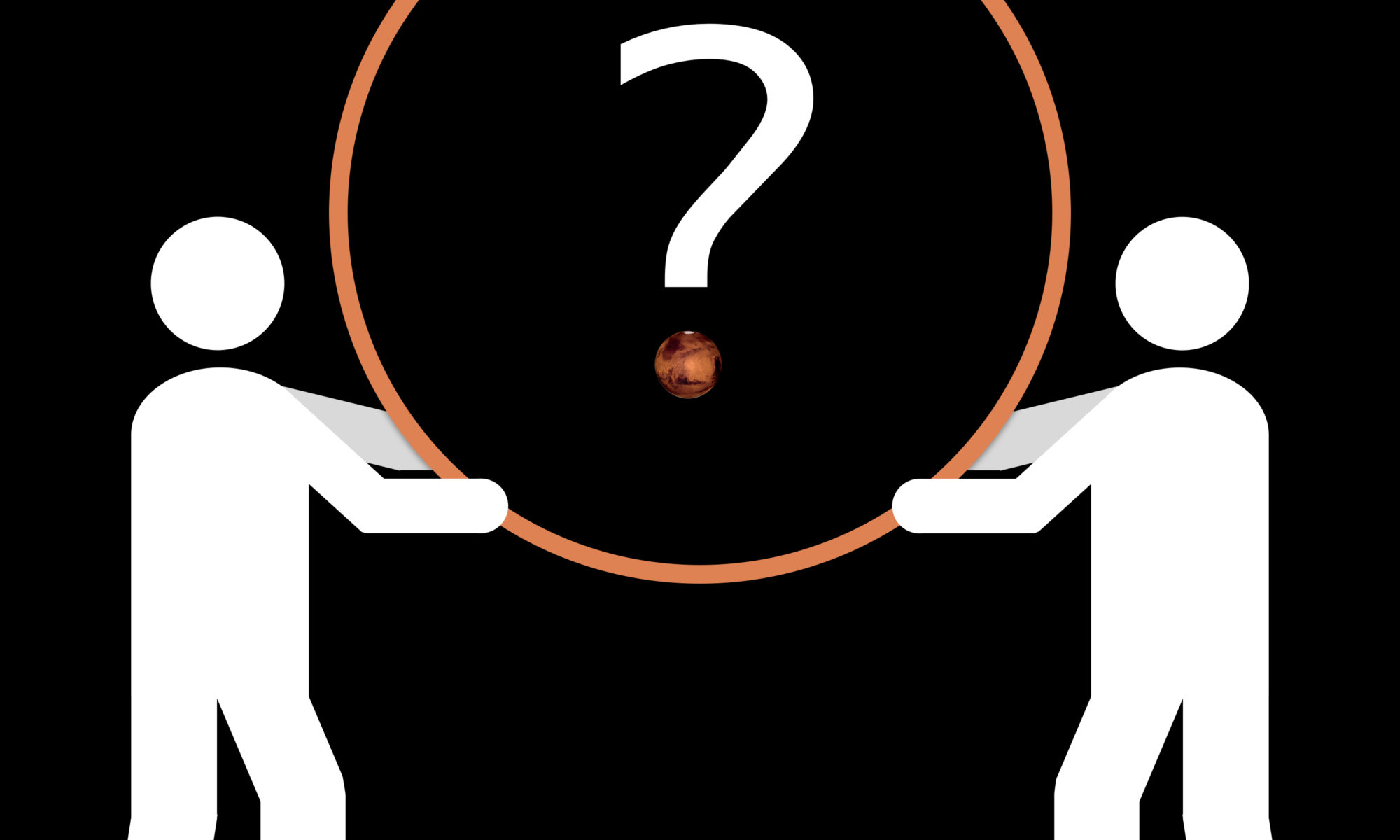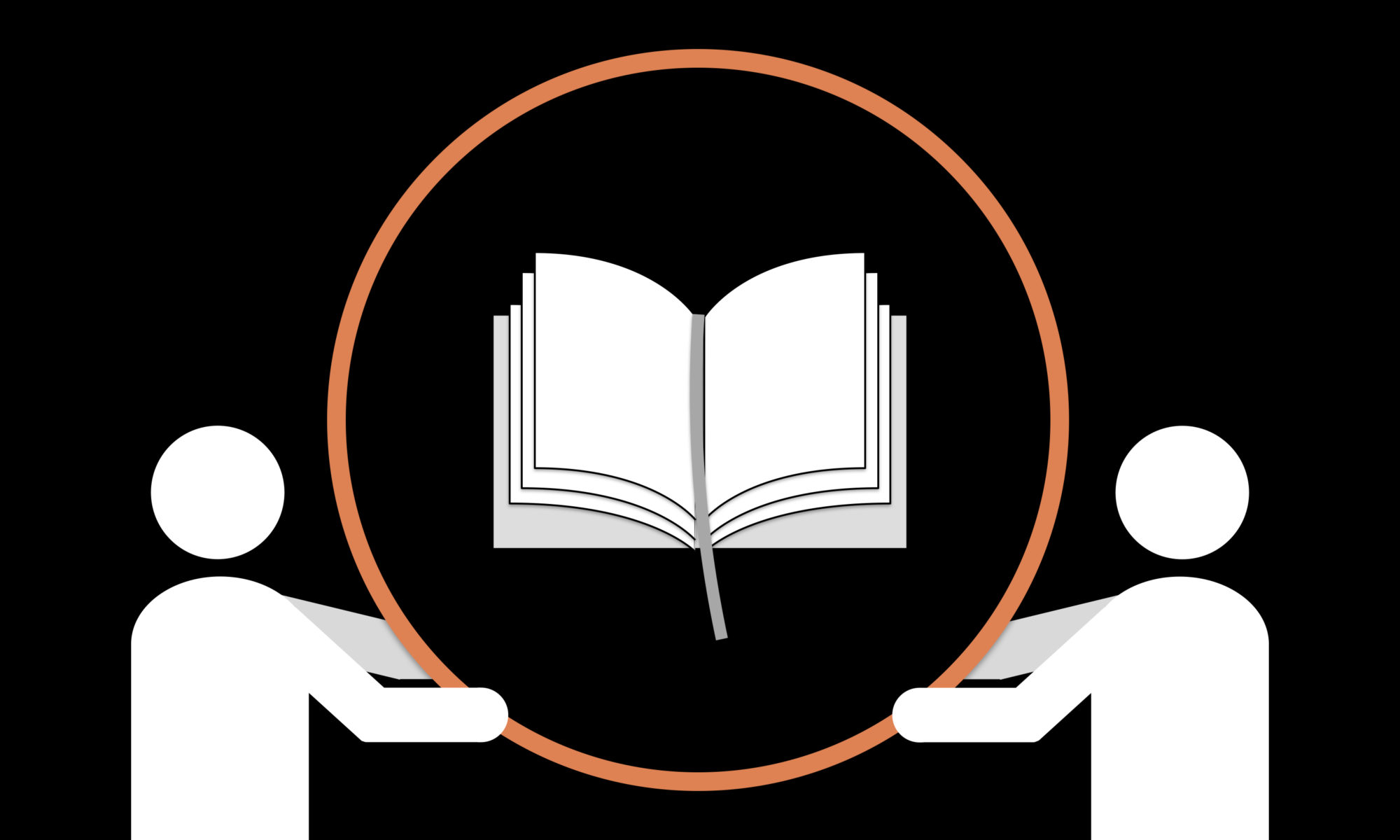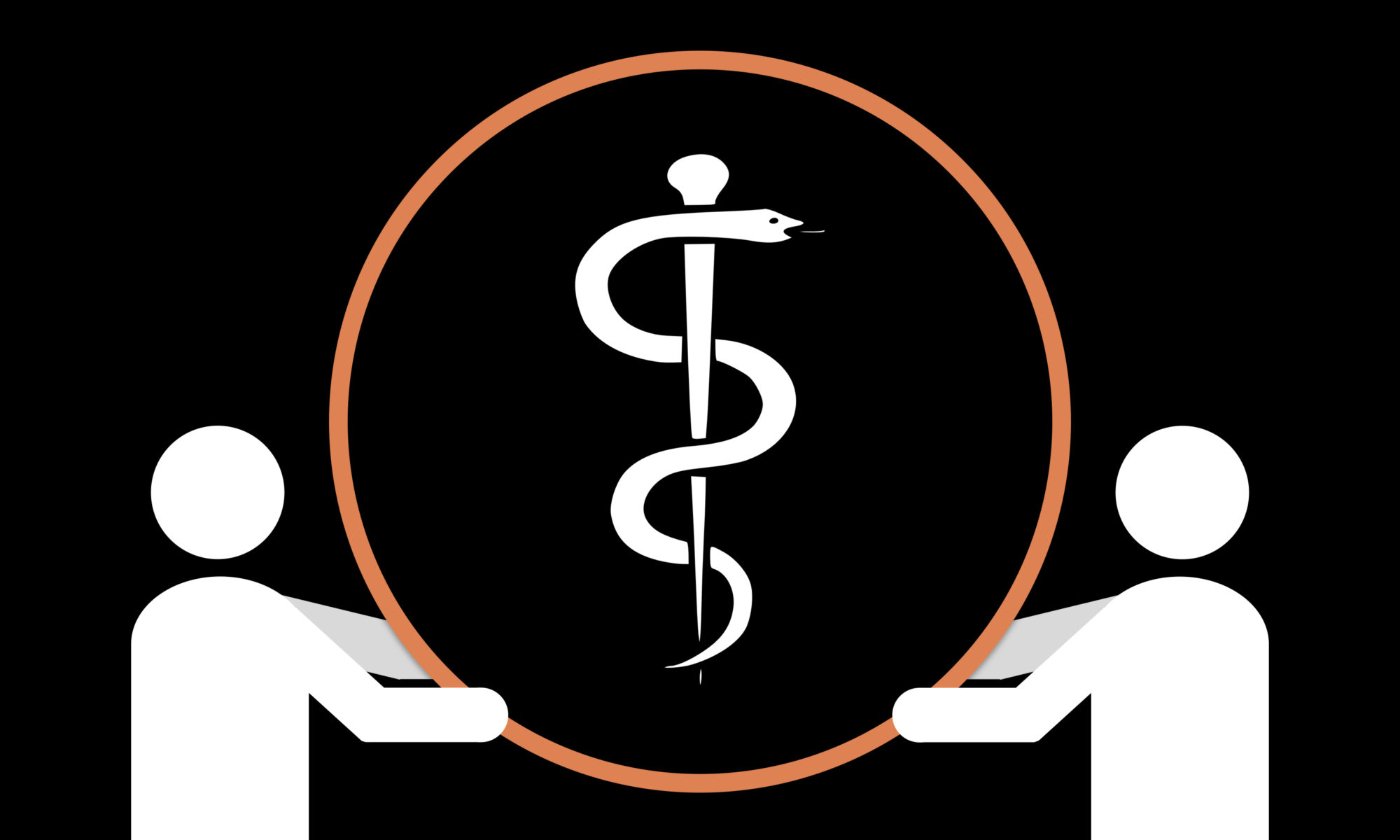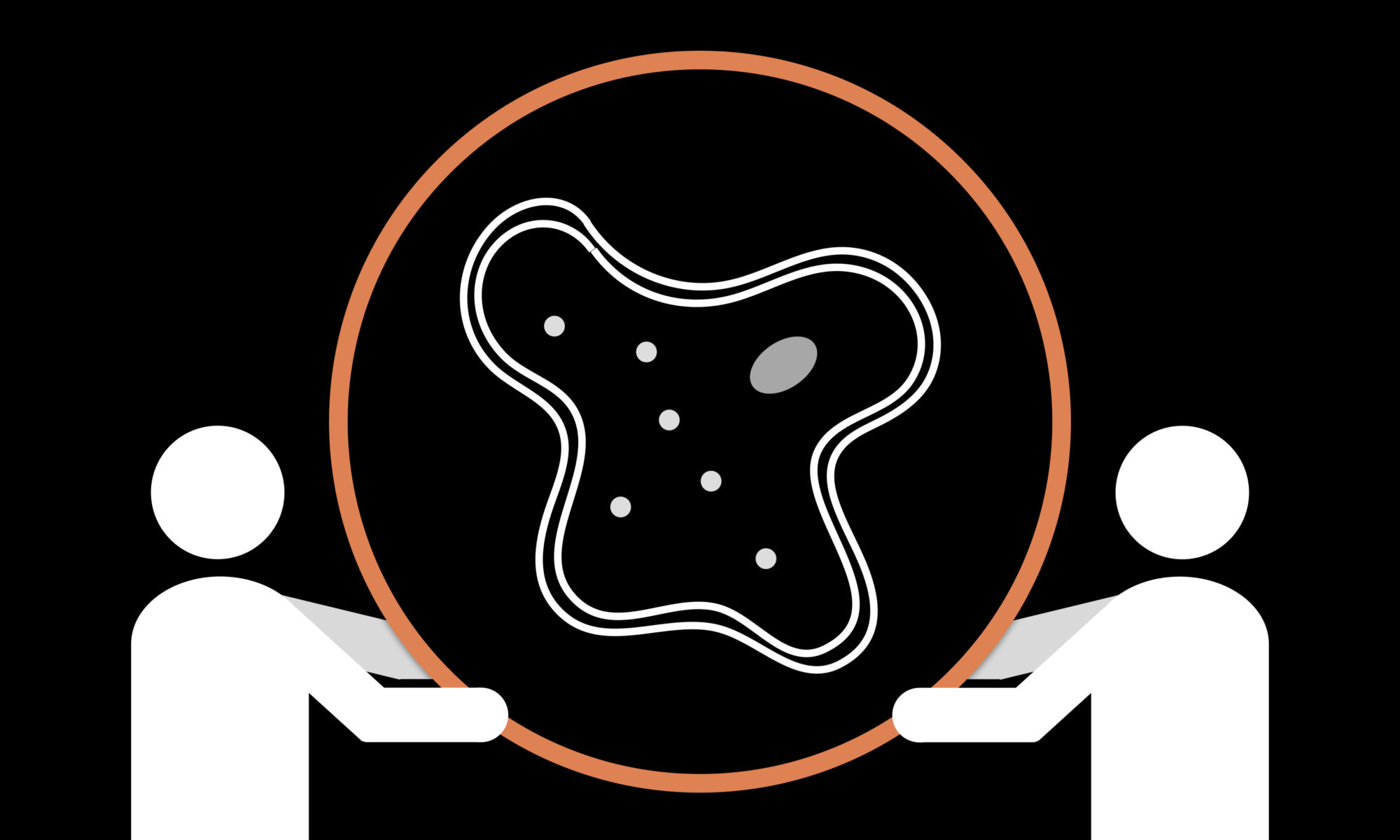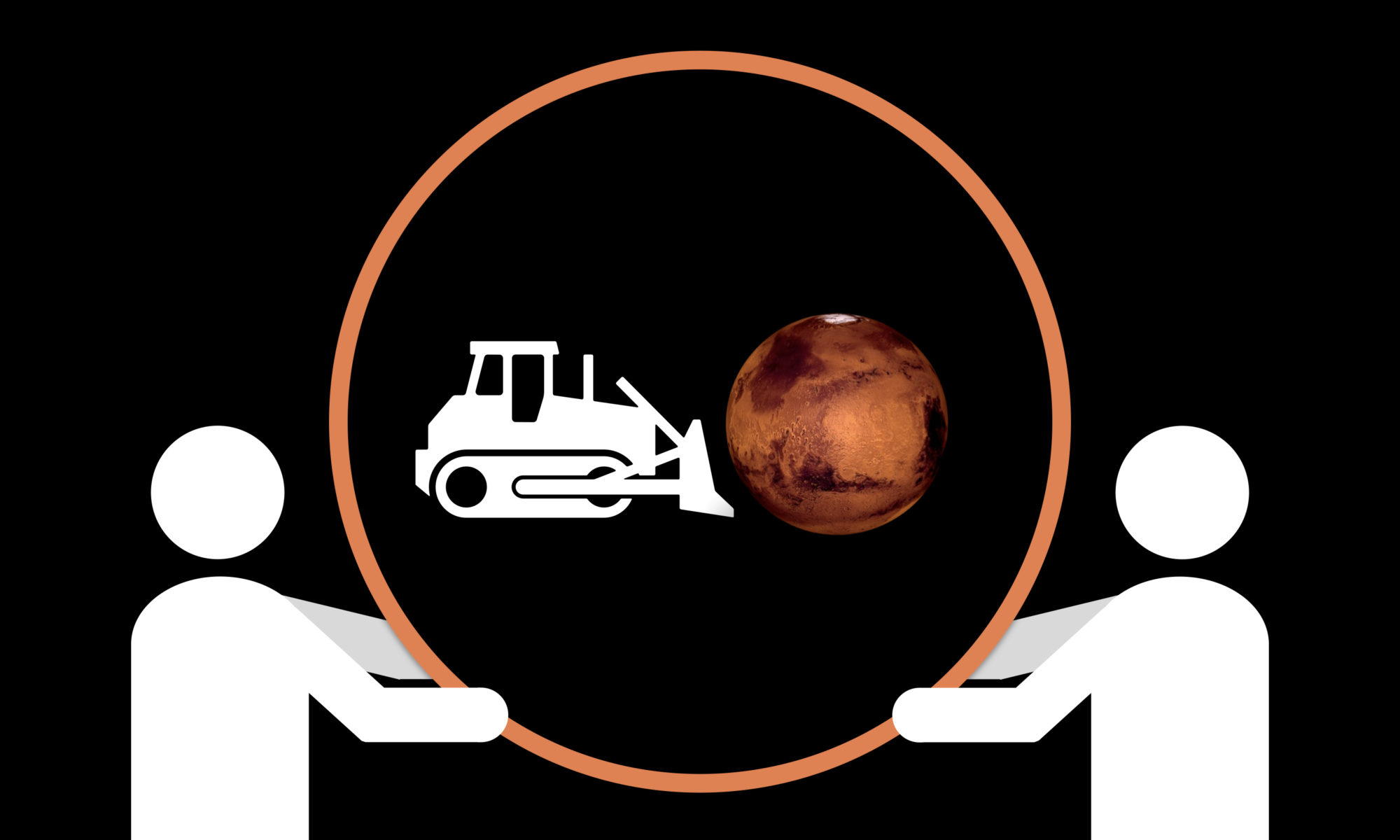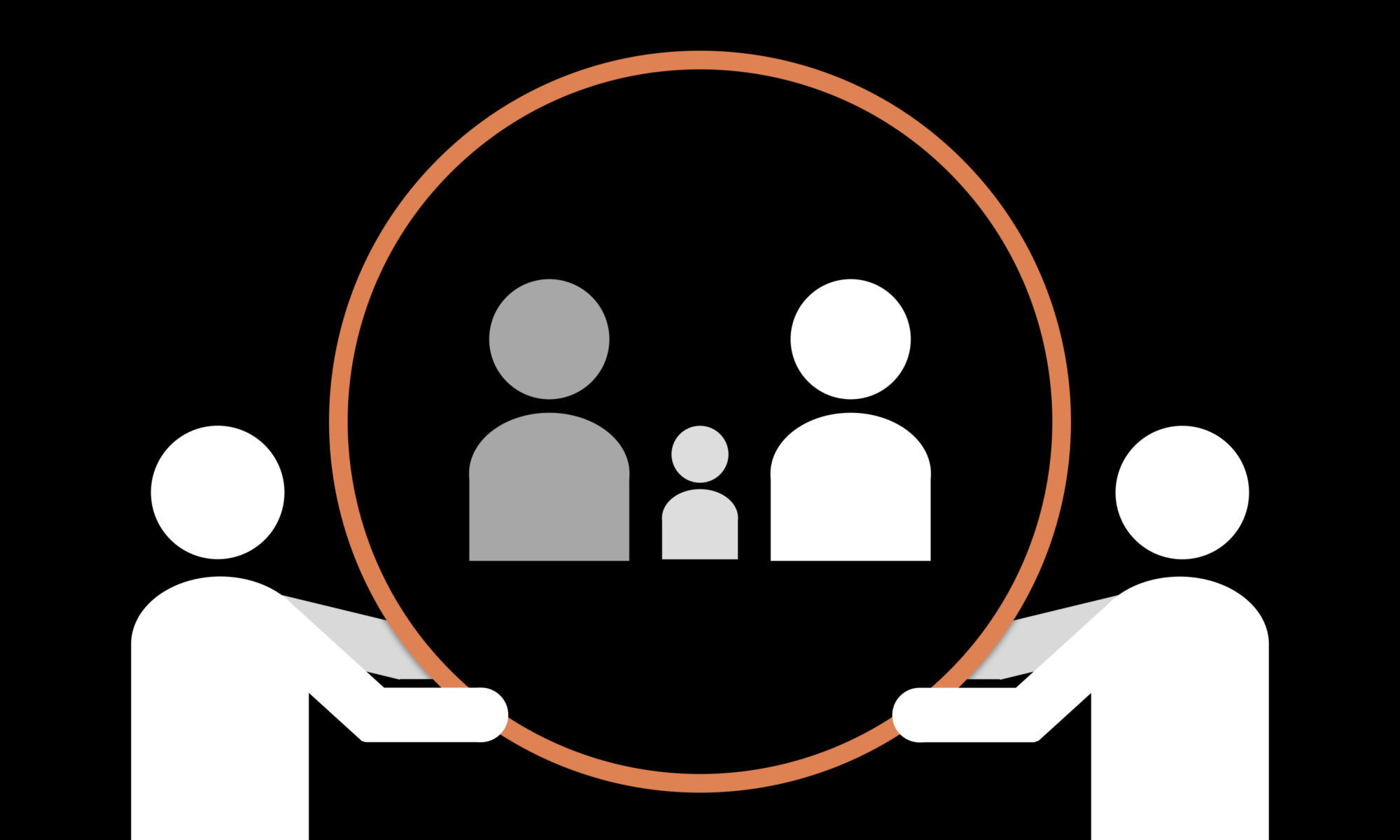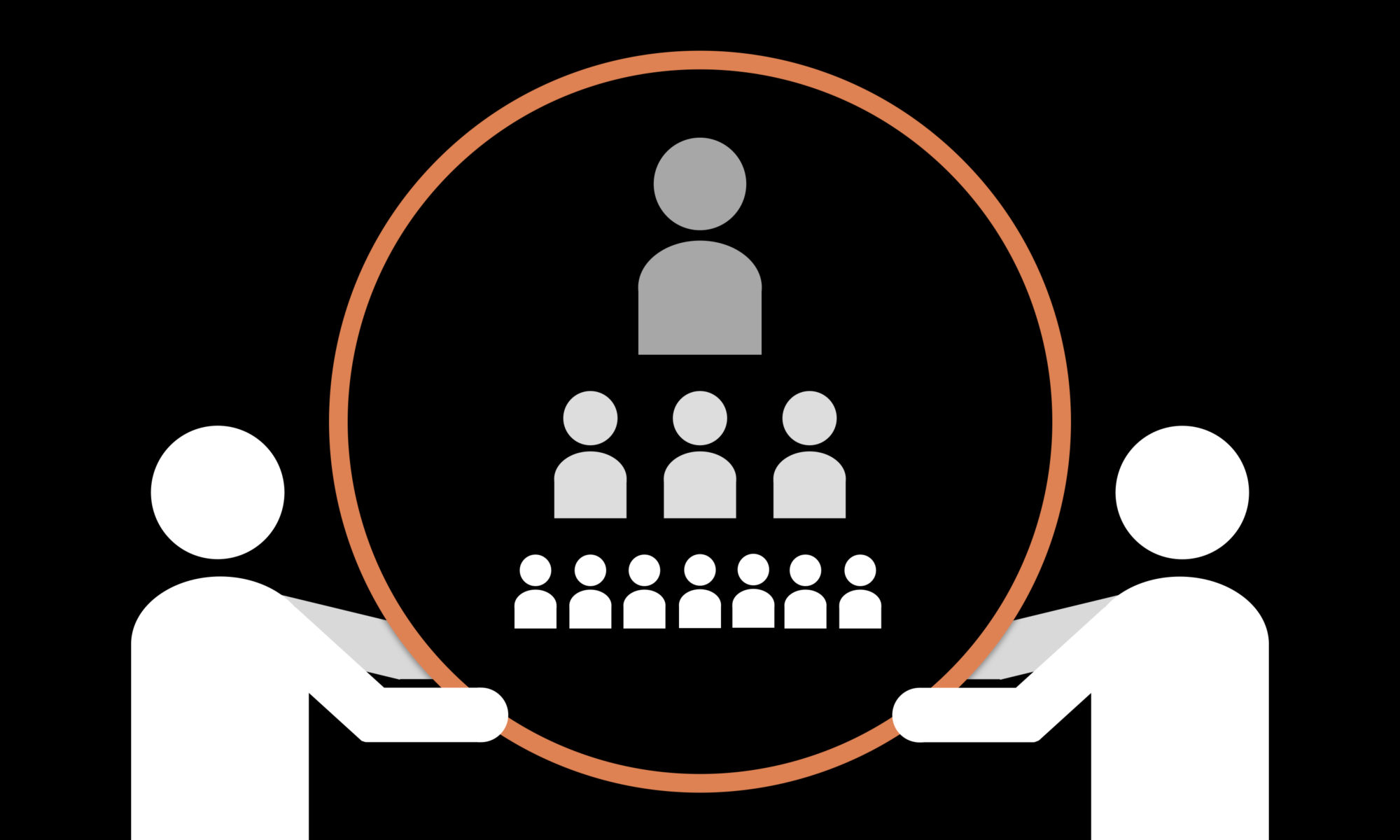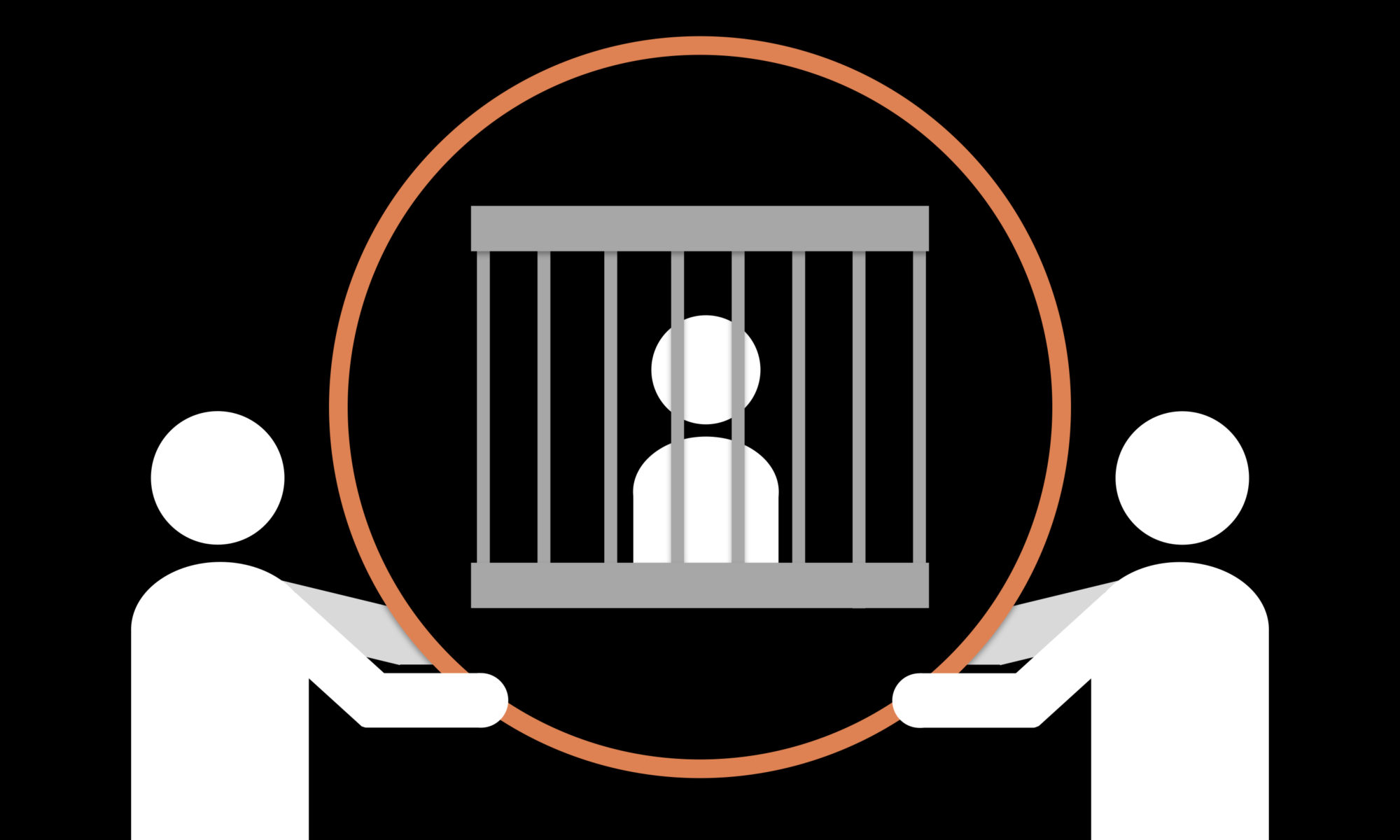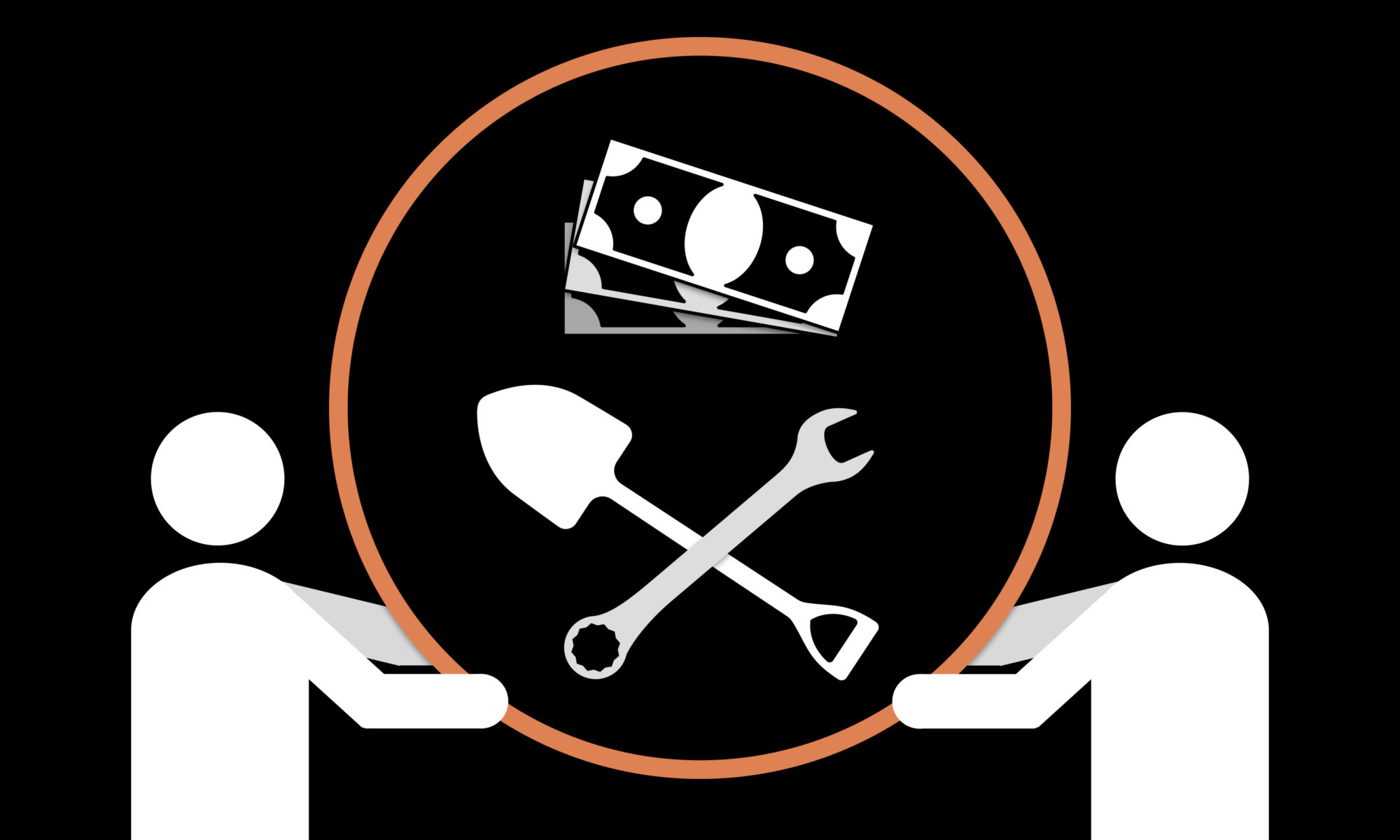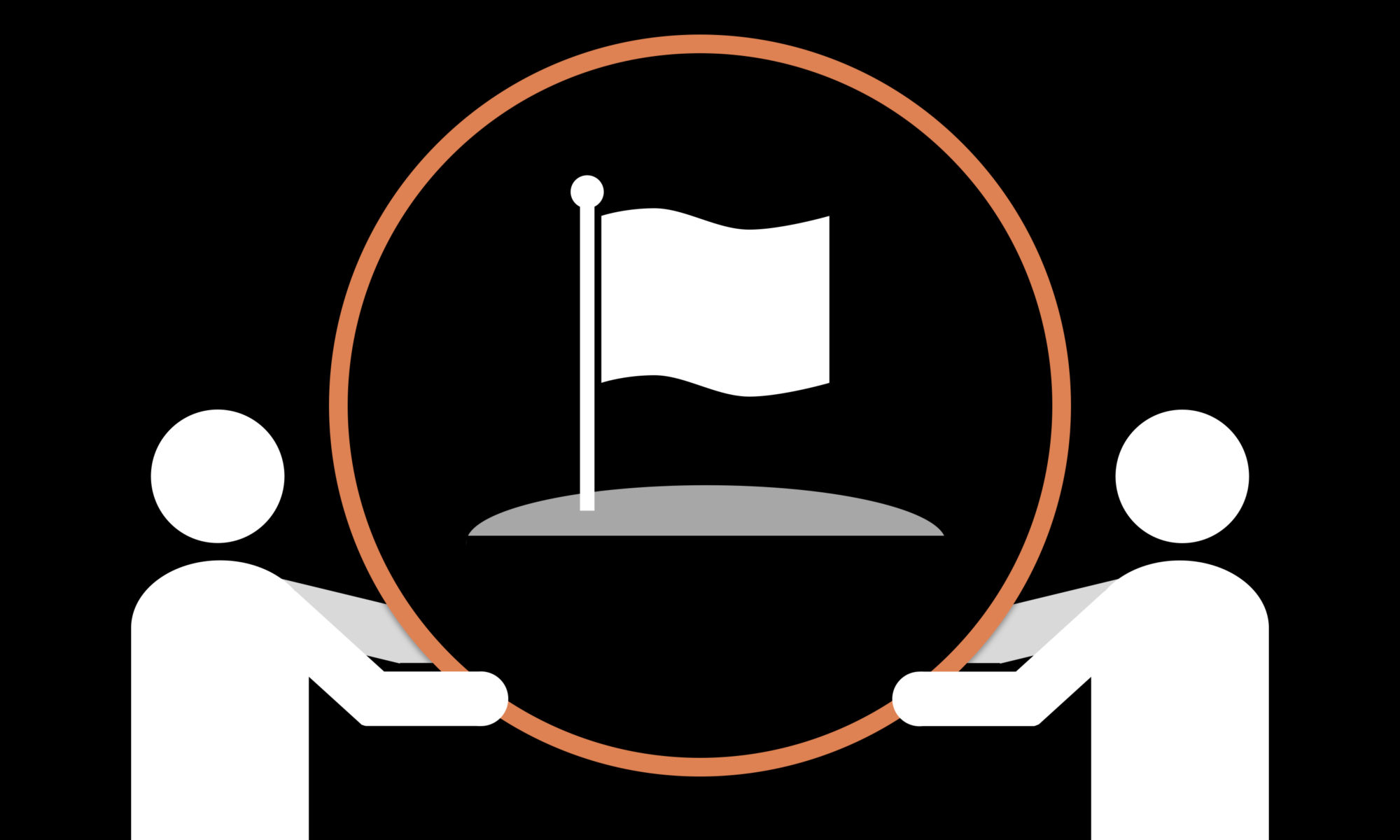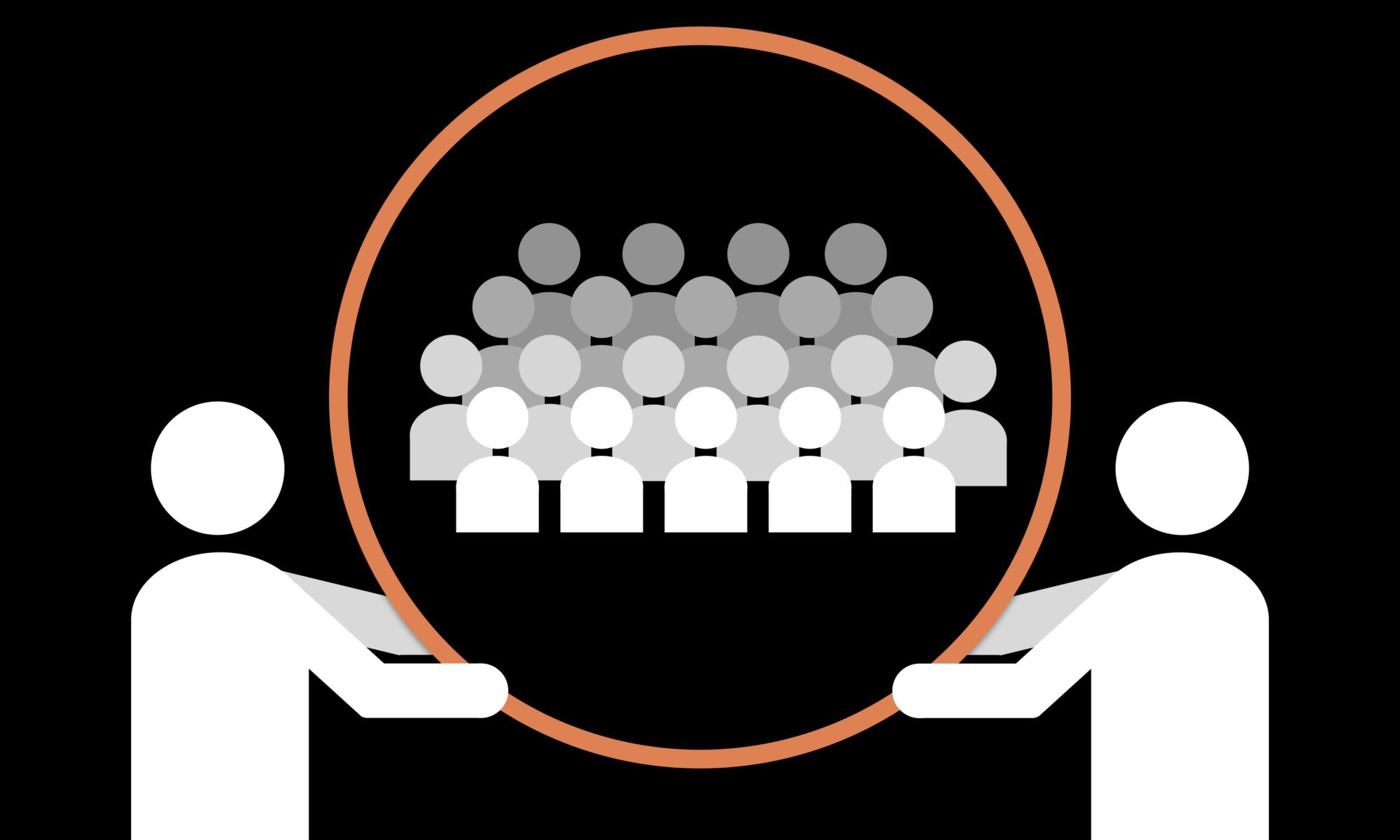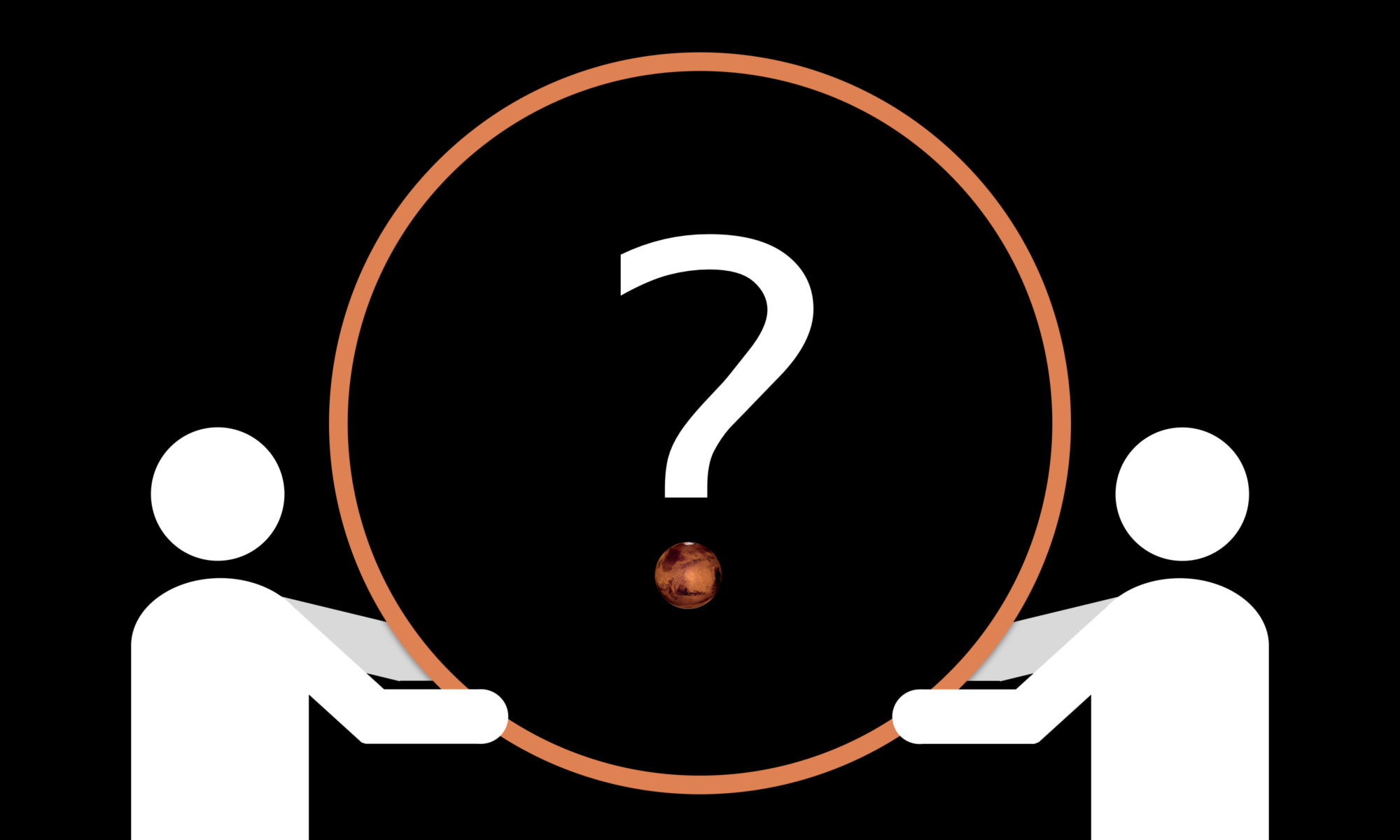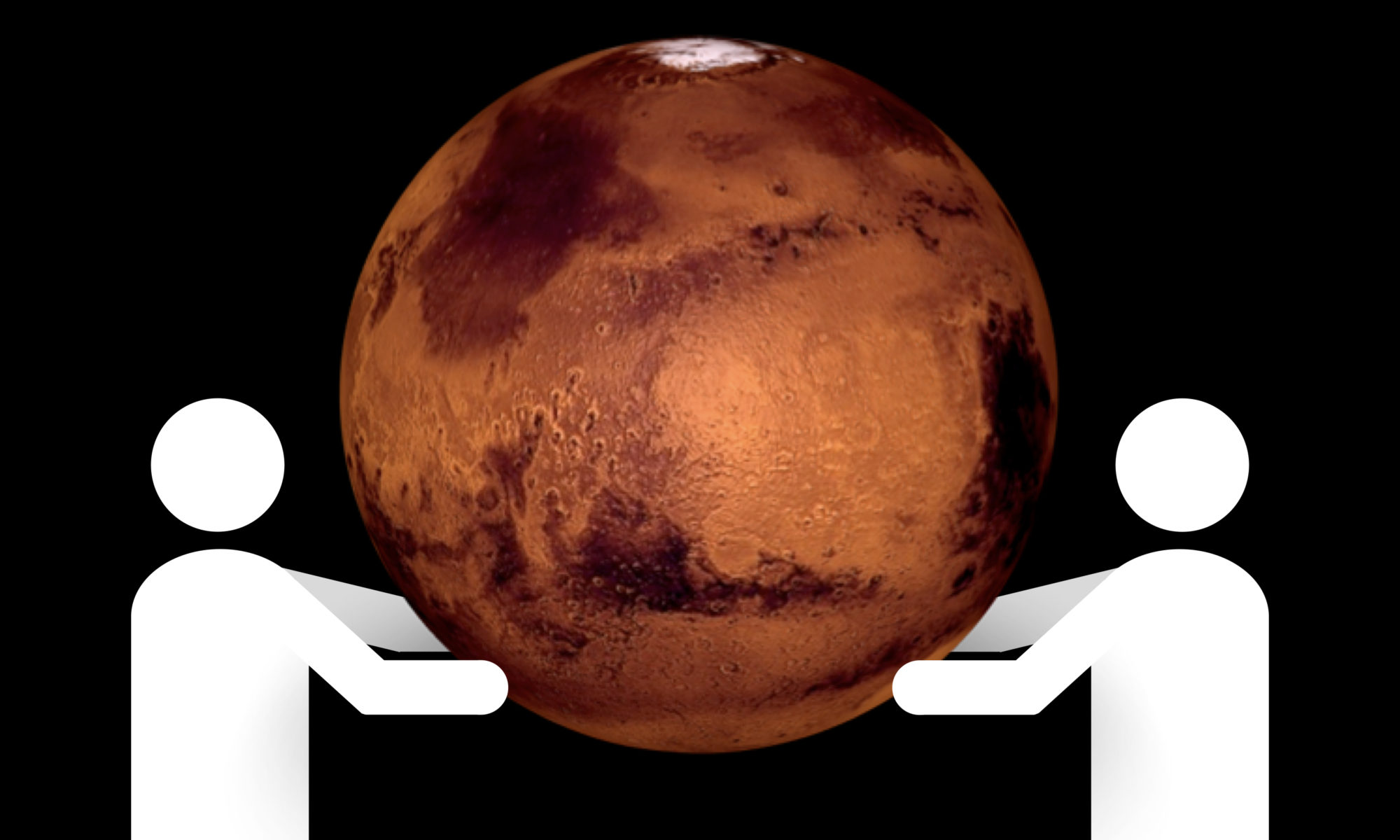Podcast: Play in new window | Download | Embed
Subscribe: Apple Podcasts | Android | RSS
A special five-years-later bonus episode, with updates on a few projects that might interest listeners of Making New Worlds. You can preorder Off-Earth: Ethical Questions and Quandaries for Living in Outer Space now from Penguin Random House using discount code PREORDER15. See https://mitpress.mit.edu/discount-codes/ for discount code information.
The transcript for this episode is below.
Continue reading “Ep 14: Book Announcement”
